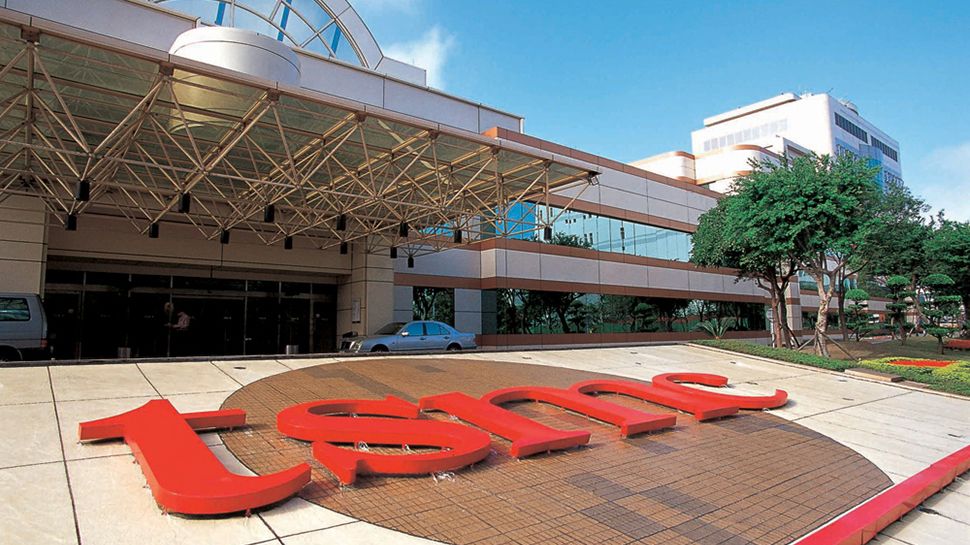shouldn't they just get mad at the automotive industry for being so short-sighted and cancelling their orders for, say, 25 wafers? The whole way that the just-in-time manufacturing supply chain works means it is vulnerable to shortages and if key components are delayed the whole thing won't work!
“War room operations” to manage chip shortages are becoming embedded features of vehicle development, say executives.

www.reuters.com
And I quote from this article:
“In the past two years they call me and behave like my best friend,” he told a laughing crowd of TSMC partners and customers in Silicon Valley recently. One automaker called to urgently request 25 wafers, said Wei, who is used to fielding orders for 25,000 wafers. “No wonder you cannot get the support.”
This doesn't seem like automotive is able to provide nearly enough demand, though I do agree that US consumers did want cars and wanted the chips to be made in USA because of the supply issues. The question is whether they'll care about what's inside. I think that all products enabled by the CHIPS act funding should come with an obligatory "Freedom Inside" sticker to remind consumers and make them care.


/cloudfront-us-east-2.images.arcpublishing.com/reuters/LWNOONR435NKPJBHPQ2J3ZWRVE.jpg)